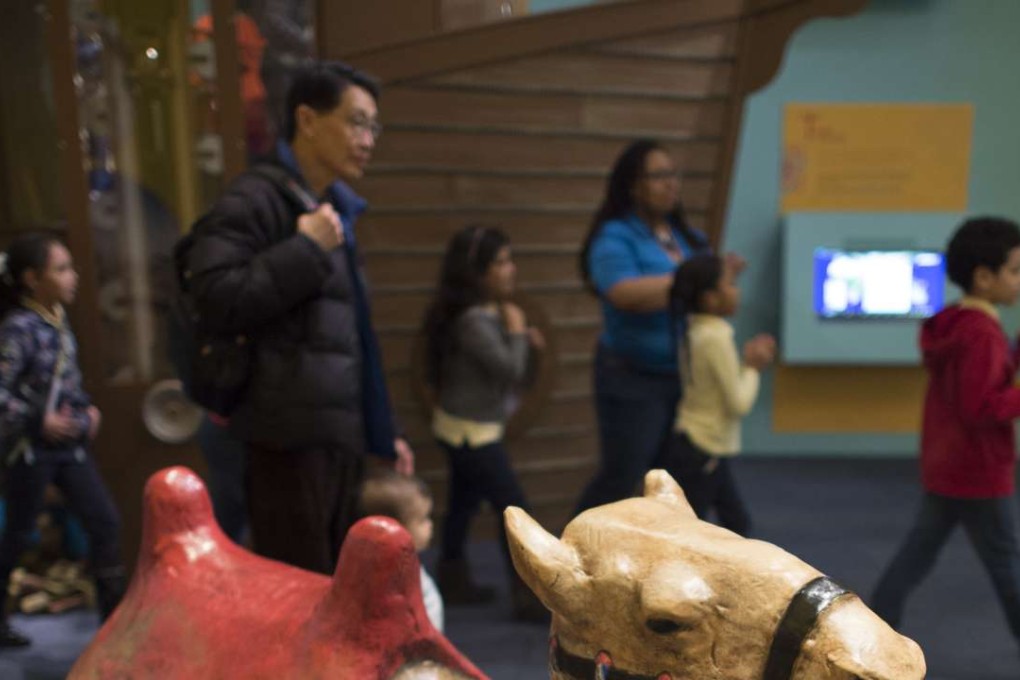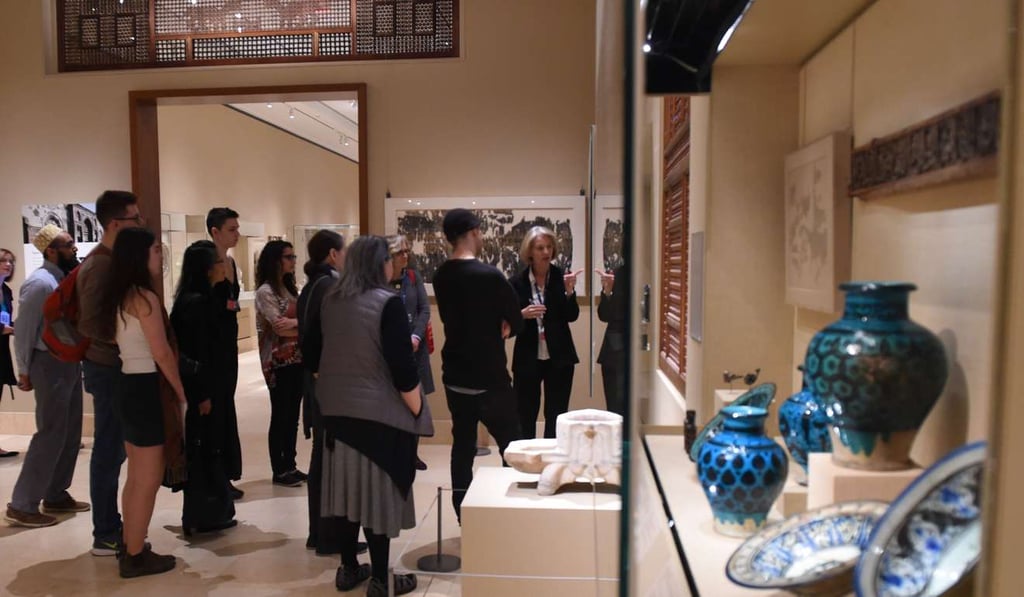New York museums pull Picasso, extend Muslim art shows in divisive cultural war on prejudice in Trump’s America
Foodies and art lovers in the Big Apple aim to educate citizens and visitors about the lesser-known cultural contributions of people who new US president says aren’t welcome

Museums across New York are waging a cultural war on prejudice in Donald Trump’s America, flexing the soft power of art and photography to compound the citywide climate of protest.
From talks about Islamic art to a Muslim exhibition, swapping Picasso and Matisse for Iranian, Sudanese and Iraqi artists, and extending a children’s exhibition, museums have dreamed up multiple ways to promote art and education in the wake of Trump’s short-lived travel ban on refugees and citizens from seven Muslim-majority countries.
Building on the city’s culinary diversity, foodies are offering tours of Syrian, Yemeni and Iranian cuisines, and have introduced curious New Yorkers to perhaps lesser-known culinary delights of Somalia.
“We wanted to be out here,” explains Sheila Canby, head of Islamic art at the Metropolitan Museum of Art, “showing our public what a deep, resonant, important contribution these cultures make to who we are.”
